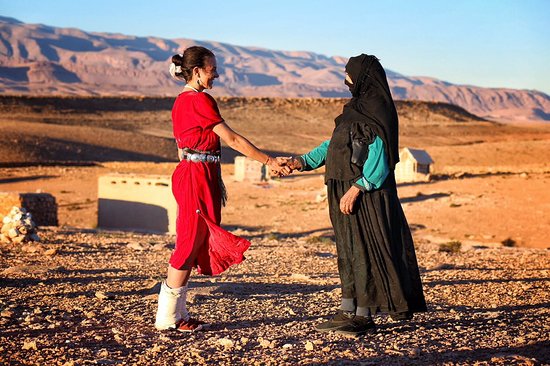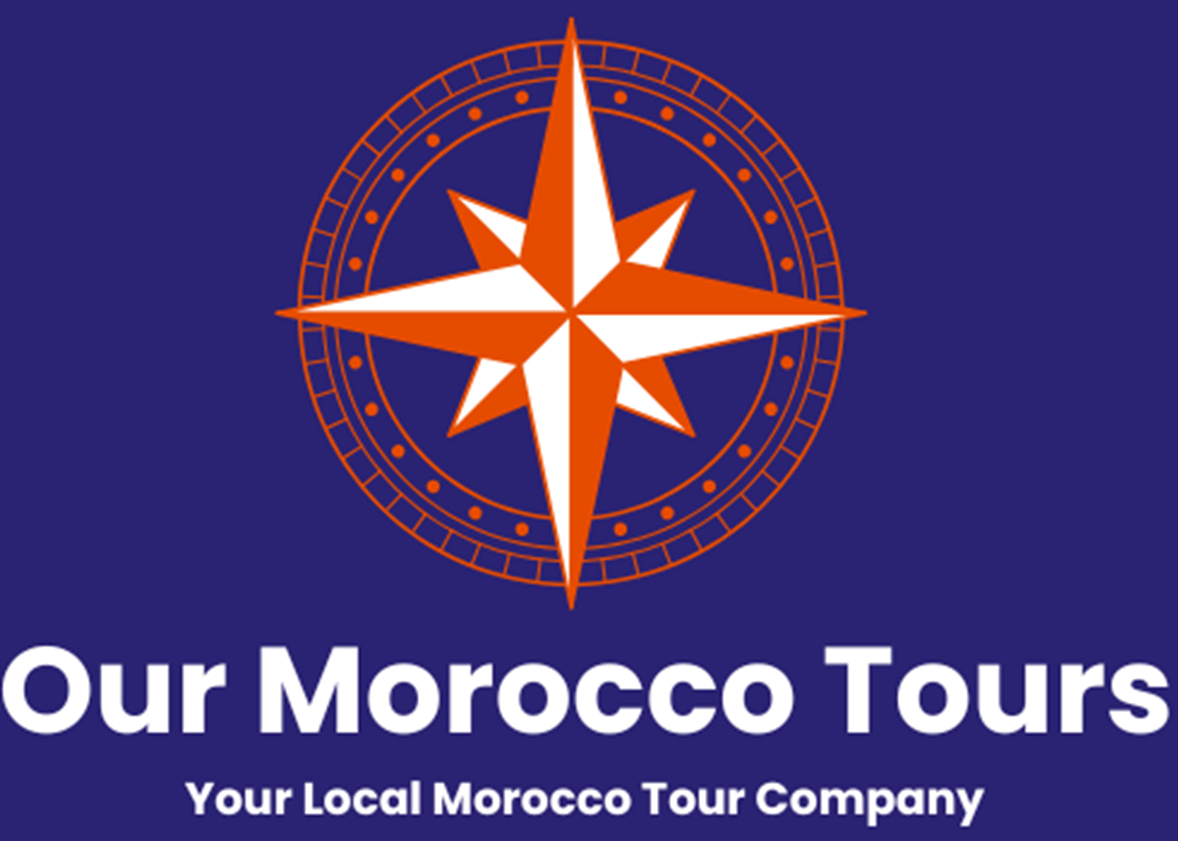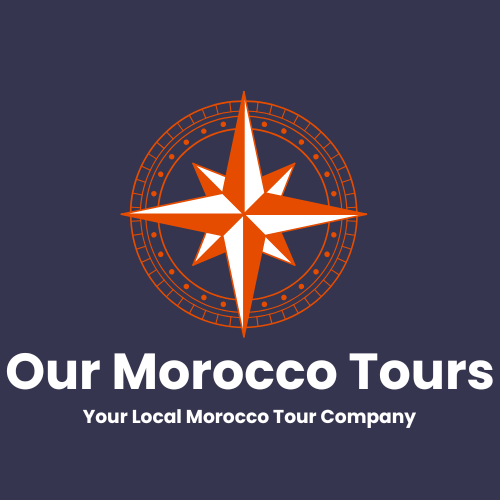
What You Need to Know Before Traveling to Morocco: A Comprehensive Guide
Morocco, a land of ancient history, breathtaking landscapes, and vibrant culture, has become one of the most sought-after travel destinations in recent years. Whether you’re planning to explore the bustling streets of Marrakech, trek the Atlas Mountains, or relax on the sun-kissed beaches of Essaouira, Morocco promises to deliver unforgettable experiences. But before you embark on this journey, it’s essential to prepare yourself for the unique aspects of this captivating North African country.
Here’s everything you need to know before traveling to Morocco:
- Understanding the Culture and Etiquette
Morocco is a predominantly Muslim country, and its culture is deeply rooted in Islamic traditions. While it is generally welcoming and hospitable to tourists, understanding local customs and etiquette will help you navigate your visit respectfully.
- Greetings: A warm greeting is important. The traditional greeting is a handshake, but it’s often accompanied by a verbal expression of goodwill. Women might prefer a nod of the head rather than a handshake with men.
- Dress Modestly: Morocco is relatively liberal, especially in tourist areas, but it’s important to dress modestly, particularly in rural areas or religious sites. Avoid wearing overly revealing clothing.
- Public Behavior: Public displays of affection, such as kissing or holding hands, should be avoided in public spaces. Additionally, avoid discussing sensitive topics like politics or religion unless you are familiar with the cultural nuances.
- Best Time to Visit Morocco
Morocco is a year-round destination, but the best time to visit depends on the experience you’re seeking:
- Spring (March to May): This is considered one of the best times to visit Morocco. The weather is pleasant, with mild temperatures and blooming landscapes, making it perfect for outdoor activities.
- Autumn (September to November): Similar to spring, autumn offers comfortable weather, and the landscape is still lush from the earlier rains.
- Summer (June to August): If you’re planning to visit the Sahara or other desert regions, be prepared for scorching heat. Coastal cities like Essaouira and Casablanca can be more pleasant, with a cool breeze off the Atlantic.
- Winter (December to February): Winters can be chilly, especially in the mountains. However, this is an ideal time to visit if you enjoy fewer crowds and lower prices.
- Transportation in Morocco
Getting around Morocco is relatively easy, with various modes of transportation to suit your needs:
- Taxis: In cities, taxis are the most convenient way to travel short distances. Make sure the taxi has a working meter, or agree on a price before setting off. Be cautious with taxis that do not use a meter, as prices can be inflated.
- Trains: The train network is reliable and affordable, especially if you’re traveling between major cities like Casablanca, Marrakech, and Fes. The high-speed train (Al Boraq) connects Casablanca and Tangier and is a great option for long-distance travel.
- Buses: For longer distances or more remote areas, buses are a budget-friendly option. Companies like CTM and Supratours offer comfortable and air-conditioned rides.
- Hiring a Car: Renting a car is a great way to explore Morocco at your own pace. Be mindful of local driving habits, and ensure you have an international driving permit if necessary.
- Language in Morocco
Arabic (specifically Modern Standard Arabic) and Berber are the official languages of Morocco. However, Moroccan Arabic (Darija) is the most widely spoken language. French and English is also commonly used, especially in cities and business settings.
While learning a few basic phrases in Arabic or French can be helpful, most people working in tourism can speak English, especially in major tourist areas.
- Currency and Payment Methods
The official currency of Morocco is the Moroccan Dirham (MAD). While credit cards are accepted in larger cities and establishments, it’s advisable to carry cash, especially when visiting markets, smaller towns, or rural areas.
- ATMs: ATMs are widely available in cities, and many accept international cards. Be aware of the fees associated with withdrawing cash.
- Bargaining: In souks (markets) and smaller shops, haggling is part of the shopping experience. It’s considered both a skill and a tradition, so don’t be afraid to negotiate.
- Safety and Health Considerations
Morocco is generally safe for tourists, but as with any destination, it’s essential to take some precautions:
- Stay Aware of Scams: Common scams include people offering unsolicited “guiding” services or attempting to charge inflated prices. Be polite but firm in saying no if you’re not interested.
- Health: Morocco is home to many street food vendors, which offer delicious local dishes. While most food is safe to eat, it’s advisable to stick to places with high turnover and clean practices to avoid foodborne illnesses. Drink bottled water rather than tap water.
- Travel Insurance: Ensure you have comprehensive travel insurance that covers health, accidents, and any unforeseen issues like flight cancellations.
- Things to See and Do in Morocco
From ancient cities to vast deserts, Morocco offers something for every type of traveler. Here are some highlights you won’t want to miss:
- Marrakech: Explore the vibrant Jemaa el-Fnaa square, the stunning Bahia Palace, and the peaceful Jardin Majorelle.
- Fes: Wander through the labyrinthine streets of the UNESCO-listed medina and visit the impressive Al-Qarawiyyin University, the oldest in the world.
- Chefchaouen: The “Blue City” is known for its picturesque blue-painted buildings and laid-back vibe.
- Sahara Desert: No trip to Morocco is complete without experiencing the vast expanse of the Sahara. You can take camel treks, spend a night under the stars in a Berber tent, or go off-roading through the dunes.
- Atlas Mountains: Trekking in the Atlas Mountains is a must for adventure seekers. You’ll find stunning vistas, charming Berber villages, and opportunities for hiking, mountain biking, and more.
- Local Cuisine to Try
Moroccan cuisine is a tantalizing blend of flavors and spices, influenced by Arab, Berber, and Mediterranean traditions. Some dishes you must try include:
- Tagine: A slow-cooked stew made with meat (chicken, lamb, or beef), vegetables, and dried fruits, served in a distinctive earthenware pot.
- Couscous: Traditionally served on Fridays, couscous is a staple dish made from steamed semolina grains, often served with meat and vegetables.
- Pastilla: A savory pie made with layers of thin pastry, pigeon or chicken, almonds, and a mix of spices.
- Mint Tea: Known as “Moroccan whiskey,” mint tea is a symbol of hospitality and is offered to guests throughout the country.
- Respect the Environment
Morocco’s natural beauty is a treasure. Be mindful of your environmental impact by avoiding plastic waste, respecting nature, and following Leave No Trace principles when hiking or visiting natural sites.
Conclusion
Morocco is a destination that offers a rich tapestry of culture, history, and adventure. By understanding the country’s customs, knowing how to get around, and preparing for the various aspects of your journey, you can ensure a smooth and enriching experience. Whether you’re wandering through ancient medinas or sipping mint tea in a bustling square, Morocco will captivate your heart and soul, leaving you with memories to last a lifetime.
Ready to explore Morocco? Whether you’re seeking adventure or cultural immersion, our expert tours at Our Morocco Tours can guide you through the best of what this amazing country has to offer. Get in touch with us today to plan your dream Moroccan getaway!


